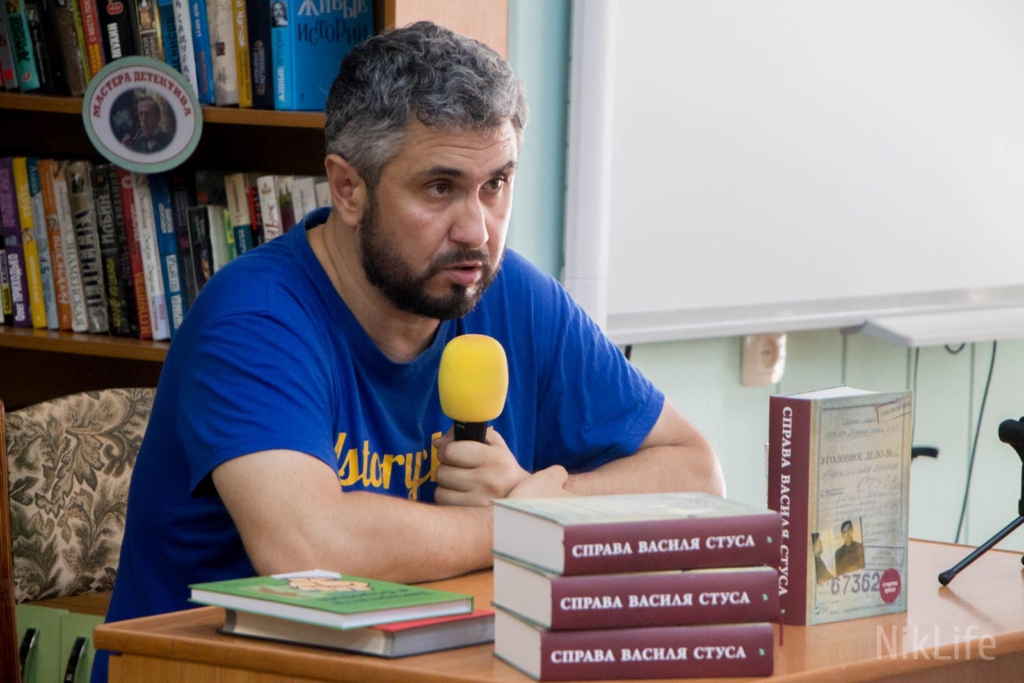Medvedchuk loses appeal, fails to ban book about dissident Vasyl Stus

The Kyiv Court of Appeals on March 19 overturned a decision to ban a book about Soviet dissident Vasyl Stus who died in a Soviet prison camp in 1985.
The ruling marks the end of pro-Kremlin lawmaker Viktor Medvedchuk’s attempts to ban the book “The Case of Vasyl Stus” written by historian Vakhtang Kipiani.
Medvedchuk, now a leader of the 44-member Opposition Platform – For Life faction in parliament, was Stus’ Soviet-appointed lawyer and, according to the book, sided with the prosecution.
Medvedchuk accused Kipiani and the publishing house Vivat of libel.
Medvedchuk took issue with nine phrases in the book under the chapter “Did the lawyer Medvedchuk kill the poet Stus?” which he says were false and based on the “author’s subjective conclusion.” He sued the author for damaging his “honor, dignity and professional reputation.”
In October, the lower Darnytsky District Court ruled to ban the book’s future sales. The ruling immediately turned the book into an instant hit, selling out its original print run in mere hours.
Kipiani appealed and has now won the case.
Stus case
The book tells the story of the Stus trial which took place in 1980.
The poet Stus was sentenced to 10 years of forced labor and died in a camp near the Russian city of Perm in 1985. During the trial, Medvedchuk was the Ukrainian dissident’s Soviet-appointed public defender.
Kipiani and many Ukrainian intellectuals have accused Medvedchuk of violating legal ethics.

When Stus was being tried for “anti-Soviet agitation,” he rejected Medvedchuk as a legal representative. Instead, he asked for an international lawyer and when the judge denied the motion, he asked that international monitors be present during the trial, which was also denied.
Medvedchuk has rejected accusations that he enabled Stus’s conviction, having once said “I can look Stus in the eyes and say I am not guilty – and I never felt any sense of guilt.”
The poet was sent to a high-security prison in Perm near the Ural Mountains where he died under mysterious circumstances on Sept. 4, 1985. It was the last GULAG camp in operation, according to the Kharkiv Human Rights Protection Group.
At the time of his death at age 47, Stus was nominated for the Nobel Prize in Literature for the following year by an international committee of scholars, writers and poets.
Stus’ best known poem starts with the words “how good it is that I’ve no fear of dying,” and was first published in 1986, a year after Stus died in the camp.
Stus was awarded the Hero of Ukraine medal in 2005 by President Viktor Yushchenko.post







